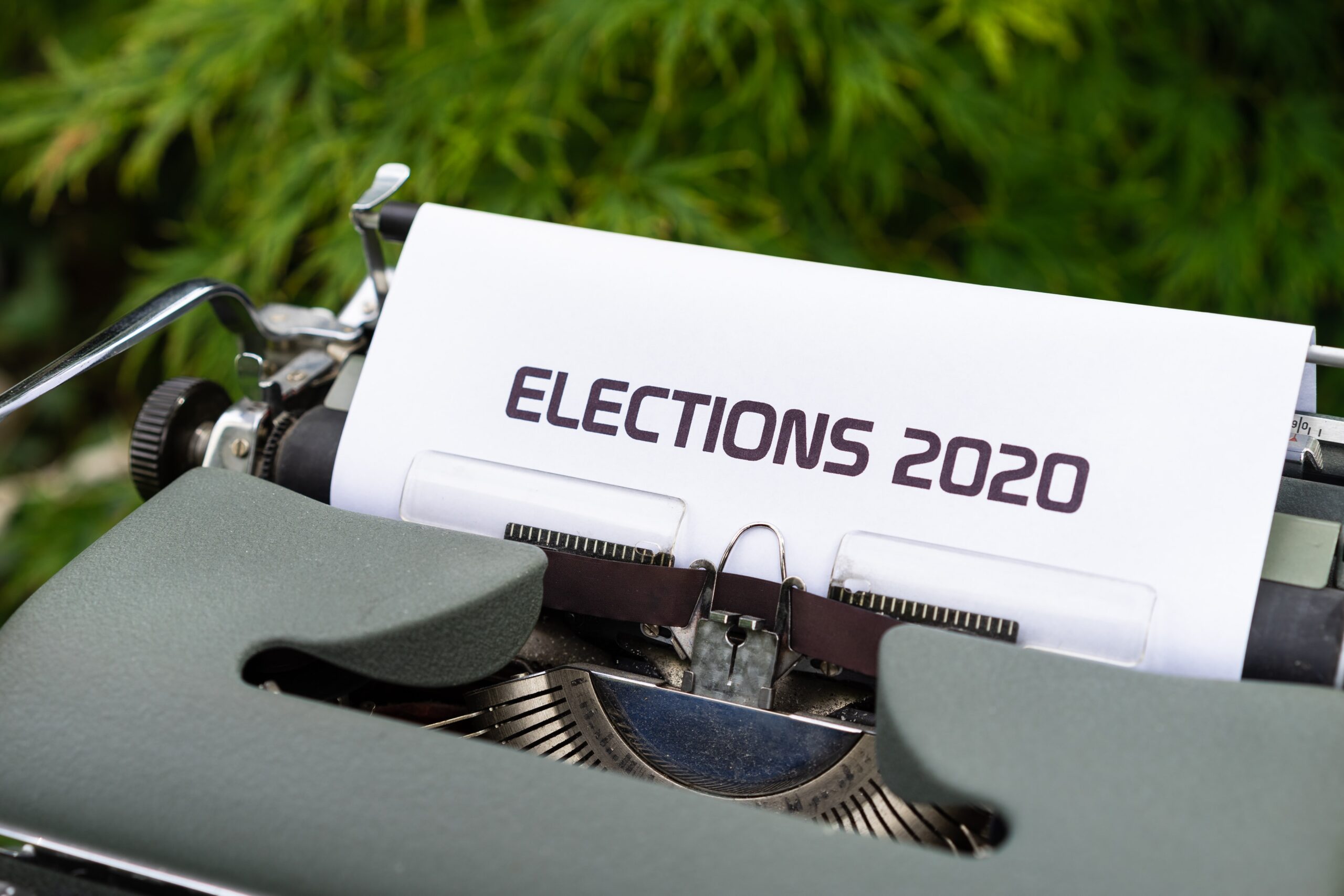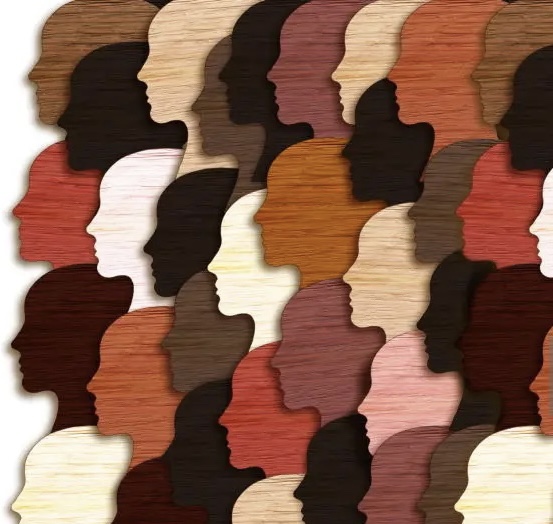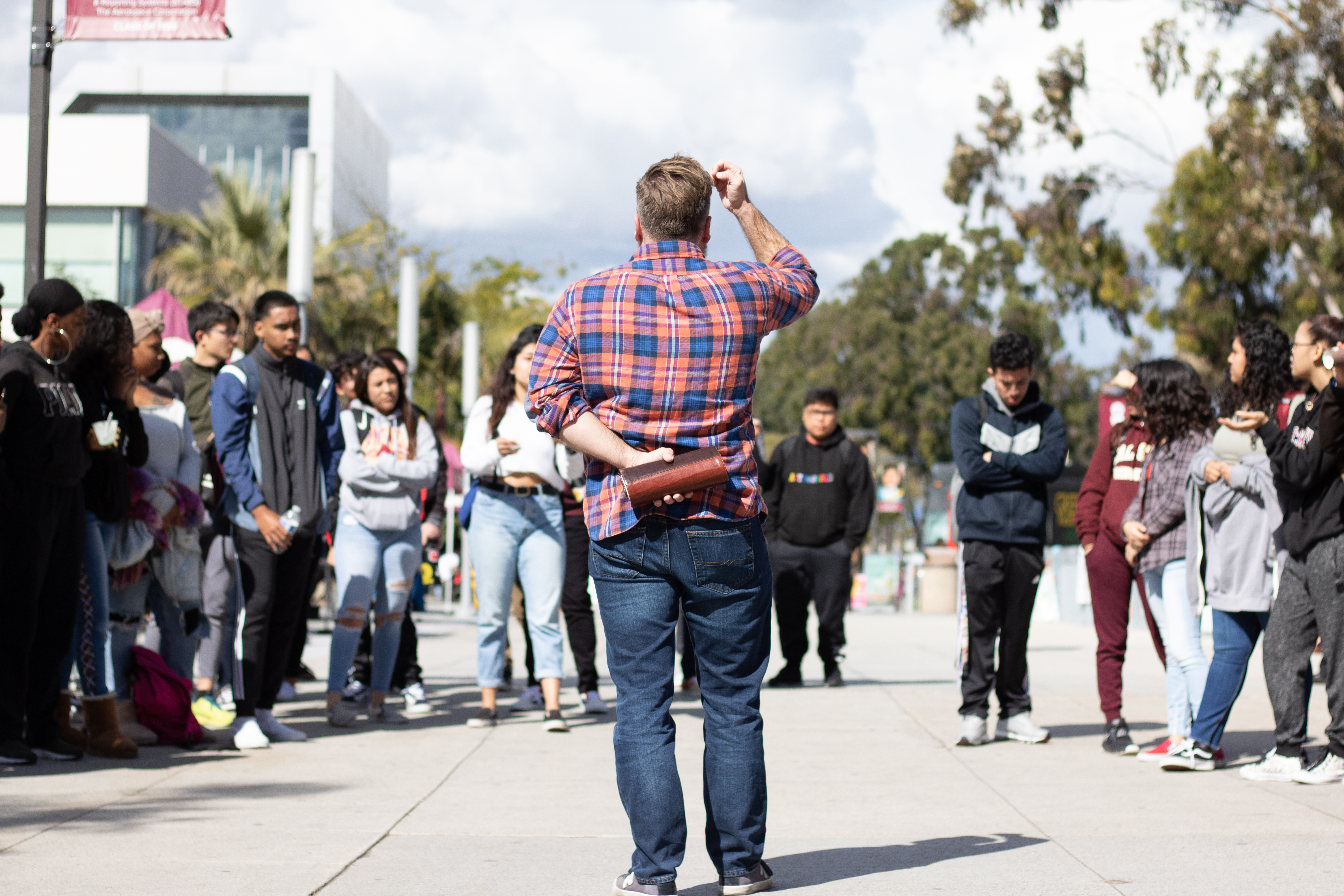
By Jeremy Gonzalez, Sports Editor
A massive earthquake struck the state of California this month that sent shock waves around the rest of the country and could fundamentally shake the foundations of collegiate sports.
On Monday Oct. 2, Calif. Gov. Gavin Newsom changed the sports world by signing into law a plan that would allow NCAA athletes in the state to make money from endorsements. The California State Senate passed the Fair Pay to Play Act in September, with the law set to take effect in January 2023.
The governor had the backing of arguably the biggest name currently in sports, NBA and Lakers superstar LeBron James, who made the announcement with Newsom on his HBO show, “The Shop.” James notably wore a shirt with “More than an athlete” on the front at Lakers practice the same day the legislation was announced. It was a testament to his belief that college athletes, whose performance on the field and court have earned their universities and the NCAA countless millions over the years, should get some of that money themselves, especially those athletes who wouldn’t see that money as a perk, but something that could help them live.
“Because I was one of those underprivileged kids,” James said to ESPN’s Dave McMenamin on Sept. 30. “Obviously I was fortunate enough and talented enough to be able to skip college. But for sure I would’ve been one of those kids if I would have went off to Ohio State or I went off to any one of these big-time colleges where pretty much that ‘23’ jersey would have got sold all over the place – without my name on the back but everybody would have known the likeness.”
James said he would not have been able to benefit at all from it. The university would capitalize on everything during the year or two he would’ve attended.
“I understand what these kids are going through,” James said. “I feel for those kids who have been going through it for so long, so that’s why it’s personal to me.”
James isn’t the only NBA star who thinks college athletes should receive compensation. Golden State Warriors forward Draymond Green, who played at Michigan State from 2008-2012, called the NCAA a “dictatorship” during a team press conference on Sept. 30 and applauds James for using his show as a platform to address the issue.
One of James’ teammates on the Lakers, Kyle Kuzma, recently signed an endorsement deal with Puma that will pay him nearly $3 million annually. College athletes may not receive as big of a payout as Kuzma or other professional athletes, but expect them to make thousands and maybe even hundreds of thousands through endorsement deals.
The NCAA has called the new legislation “unconstitutional.” They feel that while the system does need change, it should happen on a national level instead of state by state.
“As more states consider their own specific legislation related to this topic, it is clear that a patchwork of different laws from different states will make unattainable the goal of providing a fair and level playing field for 1,100 campuses and nearly half a million student-athletes nationwide,” an NCAA statement said on their official website on Sept. 30.
Newsom said collegiate athletes deserve to be treated the same as other students when it comes to money-making opportunities, saying many students can market their name and image through different platforms like YouTube, but athletes are not given that same opportunity.
While California was the first state to propose such a bill, others are quickly joining. On the same day that Newsom signed the Fair Pay to Play Act, Florida state representative Kionne McGhee also proposed a bill aimed at allowing college athletes to be compensated for the use of their names, images, and likenesses. This legislation would go into effect July 1, 2020, two and a half years before the Fair Pay to Play Act.
U.S. Representative Anthony Gonzalez, a Republican from Ohio, has taken it one step further and is planning to propose a new national law to give athletes the opportunity to make endorsement money. He believes the federal government needs to act quickly to avoid potential problems.


